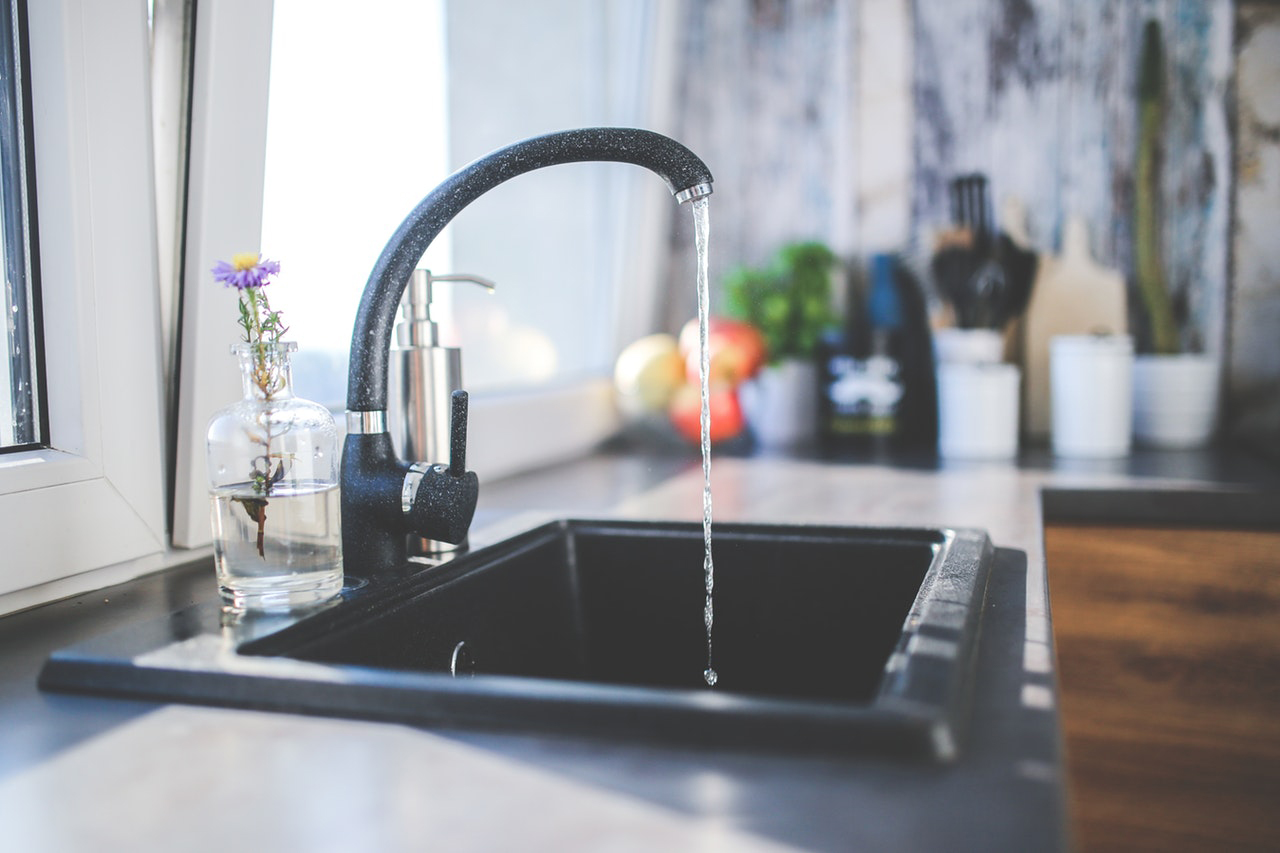13 Best Ways to Save Water
Why do we need to save water?
97.5% of the world’s water is locked in seas and oceans, too salty for human use. And most of the remaining 2.5% is in the ice caps.
So we humans depend on the tiny bit available as fresh water – an essential natural resource for life.
But we don't just use water for drinking. We wash in it, clean with it, and use it to produce everything from clothing to food. Fresh water supplies are being used faster than ever for crop production – including feed for livestock and biofuels.
1. Turn off the taps
Don't let your water consumption run out of control. Save 6 litres of water a minute by turning off your tap while you brush your teeth. Fix leaky taps too – and stop what could be 60 litres of water going straight down the drain every week.
2. Boil what you need
Save water, money and energy by only boiling as many cups of water as you need.
3. Shower with less
Every minute you spend in a power shower uses up to 17 litres of water . Set a timer on your phone to keep your showers short, sweet and water-saving.
Switching to an efficient shower head will allow you to lather up in less water, which means you'll save water and cut your bills.
4. Save up your dirty clothes
Washing a full machine load of clothes uses less water and energy than 2 half-loads. This means lower bills as well.
5. Get a low-flush toilet
The average UK household flushes the loo 5,000 times per year . Modern dual-flush systems save huge amounts of water. They use just 6 litres – or 4 with a reduced flush – much less than the 13 litres for each old-style single flush.
6. Eat less meat
Rearing animals for meat and dairy is incredibly water-intensive. By cutting down on the amount of meat you eat; you can slash your water use drastically.
7. Steam your veggies
Steam your food to cut water usage and retain more of the natural nutrients.
If you do boil, try using the leftover water as a tasty stock for soups. Or let it cool and use it to water plants.
8. Reduce food waste
It takes a lot of water to produce our cereal, fruit and other food.
More than half of the 7 million tonnes of food and drink UK households bin every year could be eaten. Wasting less food could save you £480 a year .
9. Time your gardening
A great water-saving tip is to water outdoor plants in the early morning or at the end of the day. This stops water immediately evaporating in sunlight and heat.
Water onto the soil rather than leaves so that the liquid goes straight to the roots, where it’s needed.
10. Catch rainwater
Installing water butts saves up to 5,000 litres of water a year . And your plants will thank you for rainwater rather than treated tap water.
You can also cut water use by 33% by watering plants manually instead of using automatic sprinklers.
11. No more washing up
Incredibly, if you fill up the dishwasher completely each time you run it, you'll use less water than you would doing the washing up. Yes, even if you're using a washing-up bowl. What better excuse to go and have a nice sit down?
12. Be plumbing prepared
Regularly check your kitchen pipes and the dishwasher hose for slow leaks.
Find out where your household stop valve is and make sure that you can turn it on and off. You'll thank us if you ever have a burst pipe – because you'll be able to cut off the flow before it floods the house.
13. Don't fund the water-grabbers
Some companies and investors that buy up land around the world contribute to water scarcity and pollution. They sometimes deny local people access to water, pollute watercourses or exhaust supplies. This can affect the ability of local communities to farm and access safe drinking water. This is known as 'watergrabbing' .
Make sure you know where your savings or pension are invested. And check how the companies that make the products you use treat local water sources. That way you'll know you're not supporting water wastage and contamination.
The government can take action too
Around the world, governments can also help to save fresh water and prevent water pollution by:
- Measuring water use and setting targets to reduce it
- Obliging large companies to measure and manage the amount of resources they use
- Encouraging lower water diets – including reduced meat consumption
- Supporting industry to make water-intensive products last longer
- Providing consumers with the tools to understand the water impacts of the things they buy
- Making laws to increase water recycling
- Preventing people and companies from polluting waterways by making laws against using toxic chemicals which could pollute our soils.


